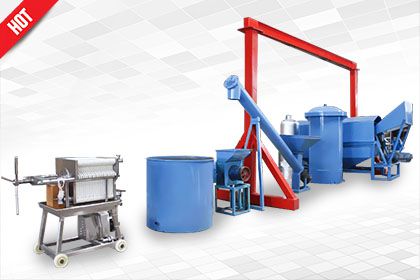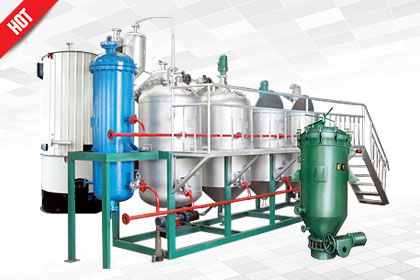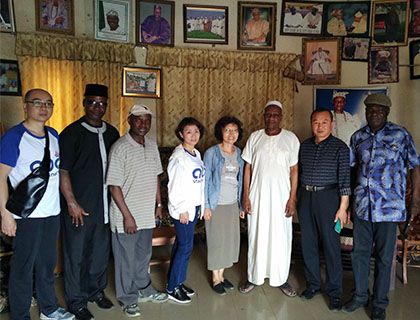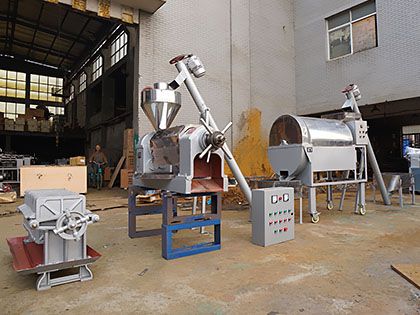According to Henry Olatujoye, Managing Director, Nigerian Palm Trade and Commodity Development Company Limited, "We estimate that local/domestic consumption of palm oil averages 2.4 million tons per annum, while our top producers - oko mu, Presco and others which produce no more than 800,000 tons per year. Even if smallholders contribute 1 million tons, there is still a shortfall compared to demand.
Nigeria holds a prominent position in the global palm oil market, being one of the largest producers worldwide. In recent years, the country's palm oil production growth has largely stagnated while local demand has been increasing, creating an profitable investment opportunity in the form of a huge supply-demand gap.
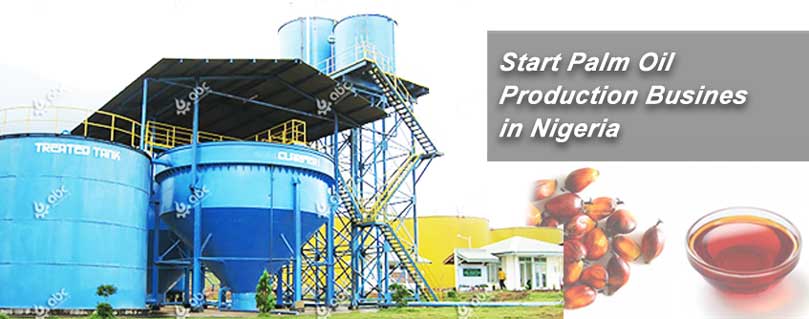
How Profitable is Palm Oil Production in Nigeria?
This article helps investors make informed decisions by analyzing the influencing factors affecting the profitability of the palm oil business in Nigeria.
Related Column: Palm Oil Production Solutions in Nigeria>>
Factors Influencing Profitability of Nigerian Palm Oil Business
Palm oil production in Nigeria has proved to be a lucrative business in view of these factors.
Suitable Land and Climate Conditions
Nigeria's climatic conditions and fertile soil provide ideal conditions for growing oil palm. Nigeria boasts regions with ideal conditions for oil palm plantation. The states like Edo, Delta, and Cross River provide the necessary environment for the growth of oil palm trees.
High Demand Creates a Gap Between Supply and Demand
The demand for palm oil in Nigeria is increasing due to growing population, urbanization, changing lifestyles and industrial development. The total consumption creates a shortfall of about 600,000 metric tons per year, which creates a huge scope for investment in the local palm oil production market.
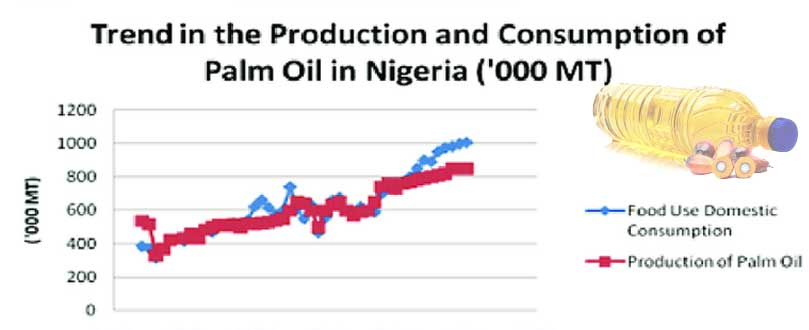
Nigerian Palm Oil Consumption Has Far Exceeded Production in Recent Years
Various Favorable Investment Conditions
- Economic Growth: Nigeria is the largest economy in Africa and the government is committed to economic growth through private sector development.
- Government Support: The Nigerian government actively promotes private sector palm oil production and offers tax breaks.
- Cheap Labor: Nigeria is in a period of population growth and the current minimum wage is set at about $50 per month.
Cost Profit Analysis
The cost of producing palm oil consists mainly of the cost of raw materials for purchasing palm fruits and the cost of processing.
The cost of raw materials is not high as Nigeria is a major oil palm grower and the price of palm fruits is relatively low. Processing costs mainly include palm oil processing factory, processing equipment and other operating costs. One of the main costs is the cost of palm oil processing equipment, which can be greatly reduced by purchasing cost-effective machines.
Read More: Cost of Settig up a Palm Oil Processing Mill in Nigeria>>
On the other hand, palm oil prices in Nigeria continue to rise due to oversupply and are the most expensive of all palm oil producing countries, with significant gains.
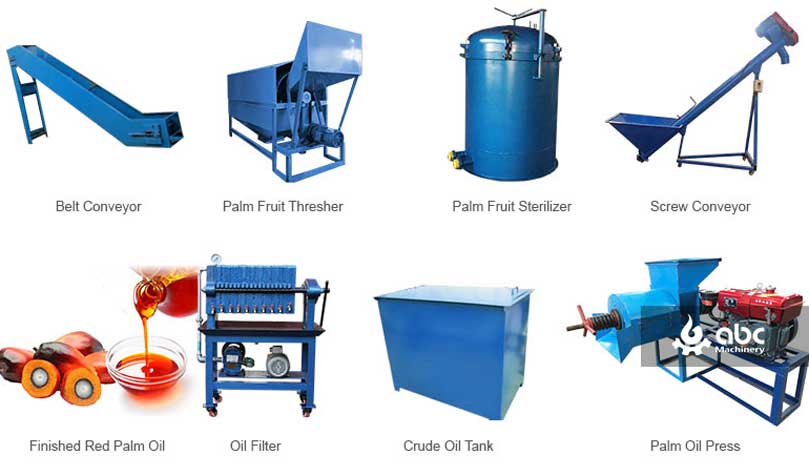
Small Scale Palm Oil Processing Machines for Sale
Excerpts from: Economic Assessment of Palm Oil Production
"Palm Oil production and profitability lnvestment in palm Oil processing is profitable. The NPV for a 15-year investment varied between USD 13.8 million and USD 102.9 million. Profit per ton of CPO production (plus kernels) varied between USD 43 and USD 164. lnvestment in palm Oil processing is attractive. As long as FFB supply from markets can be secured, this i nvestment is feasible."
How to Start Palm Oil Processing Business in Nigeria?
- Write a palm oil production business plan.
- Get The Required Fund Through loans or savings.
- Buy the palm oil production machinery needed.
- Conducting marketing and determining distribution strategies.
Purchase the Best Palm Oil Mill Equipment From Reliable Manufacturer
ABC Machiery is a professional equipment manufacturer with more than 20 years’ experience in palm oil processing. We can not only provide single machine equipment and whole production line, but also help with site design and other requirements for factory construction. Our equipment has been successfully installed and put into production in many countries, and has been well received by our customers.
If you are interested in our equipment or want to know more about palm oil processing, please feel free to contact us to get more.



